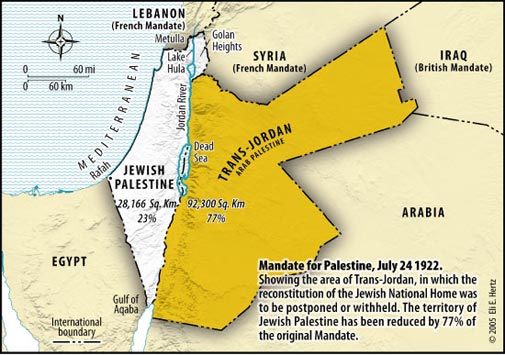[Published 4 August 2013]
US Secretary of State John Kerry’s assurance of total confidentiality in the conduct of negotiations between Israel and the PLO has come crashing down on his head within 48 hours of making his claim.
With the two chief negotiators flanking him - Kerry solemnly proclaimed:
“The parties also agreed that the two sides will keep the content of the negotiations confidential. The only announcement you will hear about meetings is the one that I just made. And I will be the only one by agreement authorised to comment publicly on the talks in consultation obviously with the parties. That means that no-one should consider any reports, articles or other or even rumours reliable unless they come directly from me and I guarantee you they won’t.”
What Kerry did not promise was their joint agreement to bar unauthorised private comments by any of them on the conduct and progress of the talks.
It certainly was going to prove very difficult to ban any such private discussions at all - let alone swear to silence those persons to whom unauthorised statements might be made by any of the players during the projected nine months of negotiations.
It didn’t take too long for Kerry to become the first victim of this accidental or deliberate oversight - as Y Net news was to report the next day:
“WASHINGTON - Secretary of State John Kerry estimated in conversations with Congressmen that Israel will retain 85% of the settlement blocs in a future peace deal, Yedioth Ahronoth reported.
According to the report, Israeli and Palestinian negotiators who recently met in Washington to discuss timetables for negotiations, also discussed the fate of West Bank settlements and the possibility of land swaps.
Immediately after Minister Tzipi Livni and Palestinian negotiator Saeb Erekat left Washington, Kerry phoned some of his friends at the House of Representatives to report about the talks.
In separate phone calls Kerry assured the congressmen, most of whom were pro-Israel, that Israel’s interests are being safeguarded.
According to one congressman, Kerry said he believed 85% of Israel’s biggest settlement blocs will remain under Israeli sovereignty. He added that the US administration had safeguarded Israel’s interests.
The congressman, who described himself a true friend of Israel, asked Kerry whether the Palestinians will ever recognize Israel as a Jewish state, to which the secretary of state reportedly replied “that’s one of my goals. A homeland for the Jewish people.”
The congressman got the impression that all core issues had been raised during the Washington meetings, including the question when to discuss the status of Jerusalem. According to him, Kerry was optimistic and said “We had a good start.”
No denial of the accuracy of this report or the conversations alleged to have been held by Kerry with the unnamed Congressmen has been issued by Kerry to my knowledge.
The report - if accurate - is particularly significant since it heralds for the first time America’s agreement to honour two of three fundamental commitments made by President George Bush in his letter to Israel’s then Prime Minister Ariel Sharon dated 14 April 2004.
” The United States is strongly committed to Israel’s security and well-being as a Jewish state….”
“In light of new realities on the ground, including already existing major Israeli populations centers, it is unrealistic to expect that the outcome of final status negotiations will be a full and complete return to the armistice lines of 1949, and all previous efforts to negotiate a two-state solution have reached the same conclusion. It is realistic to expect that any final status agreement will only be achieved on the basis of mutually agreed changes that reflect these realities.”
The Bush letter was the crucial understanding that underwrote Israel’s decision to unilaterally disengage entirely from Gaza and withdraw certain military installations and settlements in the West Bank.
Bush’s letter made absolutely clear America’s appreciation of what Israel’s disengagement proposal involved:
“The United States appreciates the risks such an undertaking represents.”
The risks envisaged in 2004 could not have foreseen the disastrous consequences for Israel and for the Palestinian Arabs in 2007 - when Gaza and the West Bank were divided into two separate and warring fiefdoms - still controlled in 2013 by two unelected and inimical foes heading two organisations - the PLO and Hamas - that both have the same objective - the destruction of the Jewish State of Israel.
What is particularly intriguing is whether Secretary of State Kerry’s reported remarks to the Congressmen amount to cherry picking of parts of the Bush letter or whether America intends to honour a third commitment to Israel contained in that letter:
“It seems clear that an agreed, just, fair and realistic framework for a solution to the Palestinian refugee issue as part of any final status agreement will need to be found through the establishment of a Palestinian state, and the settling of Palestinian refugees there, rather than in Israel.”
These three conditions have been vigorously rejected by the PLO in previous negotiations.
In the tug of war that the current ongoing negotiations will involve - America’s position on these three commitments made to Israel will become crucial.
If America stands by its above commitments - then the PLO will have to make some very painful concessions if the negotiations are to be successfully concluded.
I guess the leaking of another private conversation will let us know whether the the PLO has caved in this time around.
Stay tuned.
